10 Actors Who Refused to Kiss Their Co-Stars
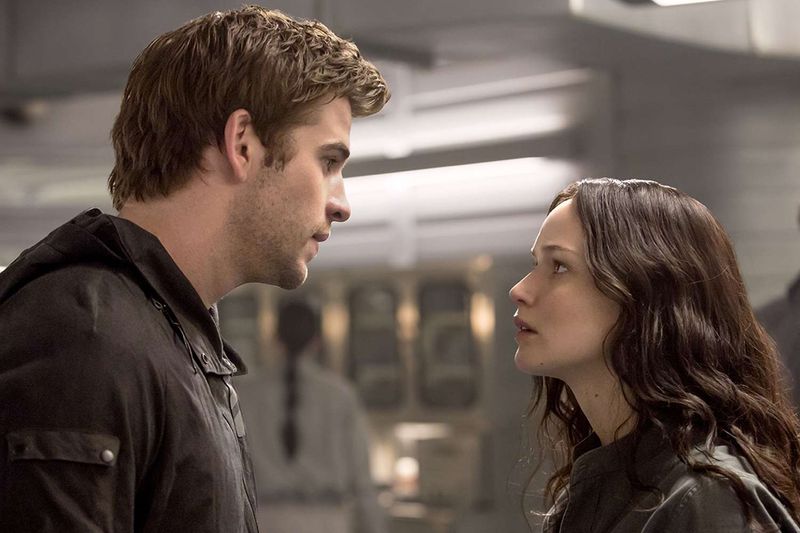
In the glamorous world of Hollywood, onscreen kisses are often seen as a rite of passage for actors, symbolizing connection and chemistry. However, there are moments when stars choose to draw the line, refusing to lock lips with their co-stars for various reasons.
Whether due to personal beliefs, health concerns, or simple discomfort, these decisions often lead to creative filmmaking solutions. The following list explores ten actors who made headlines by declining to participate in a kissing scene. Each actor’s story reveals unique insights into the challenges and boundaries present in the world of acting, making these choices both fascinating and revealing.
1. Brad Pitt
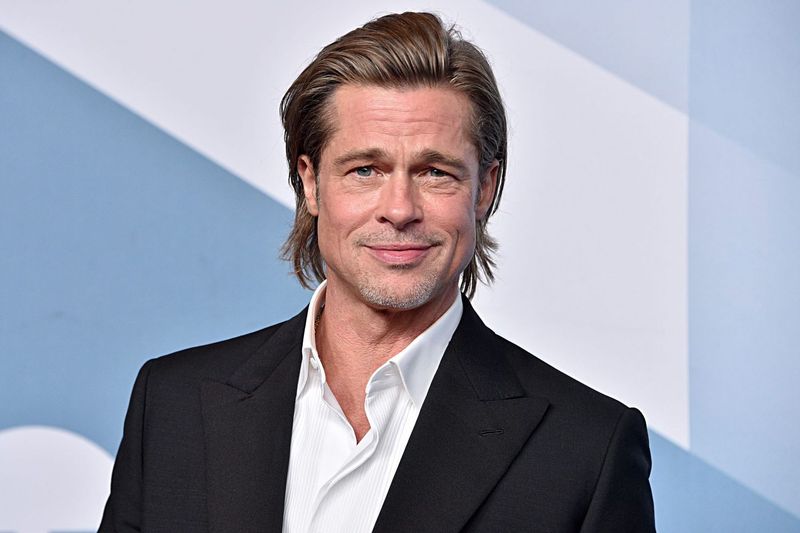
Brad Pitt’s dedication to maintaining respect in his personal relationships surfaced during the filming of “The Curious Case of Benjamin Button.” His reluctance to kiss Cate Blanchett was tied to his commitment to Angelina Jolie at the time. Though the kiss eventually appeared in the film, Pitt’s initial hesitation was a testament to his values.
The scene required careful navigation and highlighted Pitt’s sensitivity to personal boundaries. His decision was not just about personal comfort but also stemmed from a desire to preserve integrity.
Such choices can significantly impact the dynamic between actors and the film’s narrative. Pitt’s approach sheds light on the complexity of balancing personal convictions with professional demands.
2. Neal McDonough
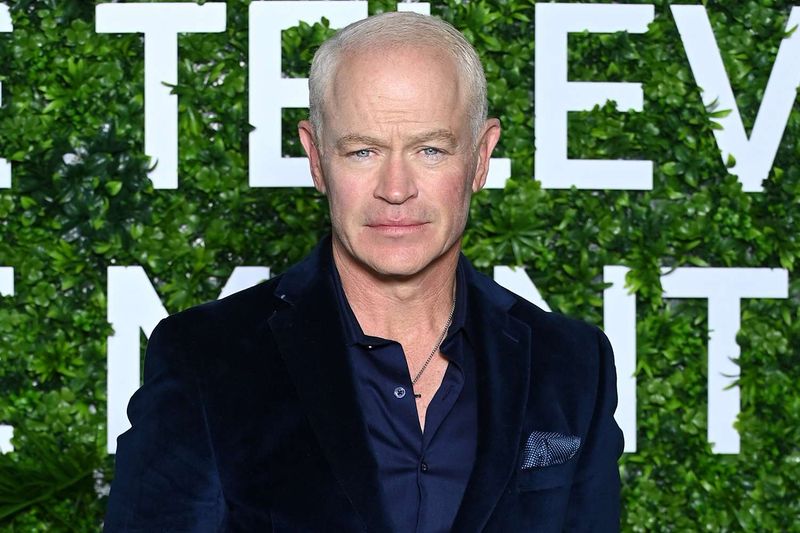
Neal McDonough, known for his roles in “Band of Brothers,” stands firm in his refusal to engage in onscreen kisses. This decision is deeply rooted in his Catholic faith and commitment to family values. McDonough’s convictions even cost him roles, such as in the series “Scoundrels.”
His unwavering stance reflects a profound dedication to his beliefs, prioritizing his principles over career opportunities. His actions provide a window into how personal ideologies can intersect with professional responsibilities.
By choosing not to compromise, McDonough has carved a path that respects both his career and his values. His decisions invite discussions about the nature of integrity and professionalism in acting.
3. Thandiwe Newton

Thandiwe Newton’s experience on the set of “RocknRolla” took an unexpected turn when her co-star, Gerard Butler, caught a cold. Concerned about her health, Newton declined the scripted kiss, leading director Guy Ritchie to creatively adjust the scene.
This decision highlighted Newton’s assertiveness and her refusal to compromise personal well-being for a role. Her choice demonstrates a pragmatic approach to handling unforeseen challenges in the film industry.
The adaptability required reflects the spontaneous nature of filmmaking. Newton’s actions serve as a reminder that sometimes, practicality must take precedence over artistic vision to ensure safety and comfort.
4. Liam Hemsworth
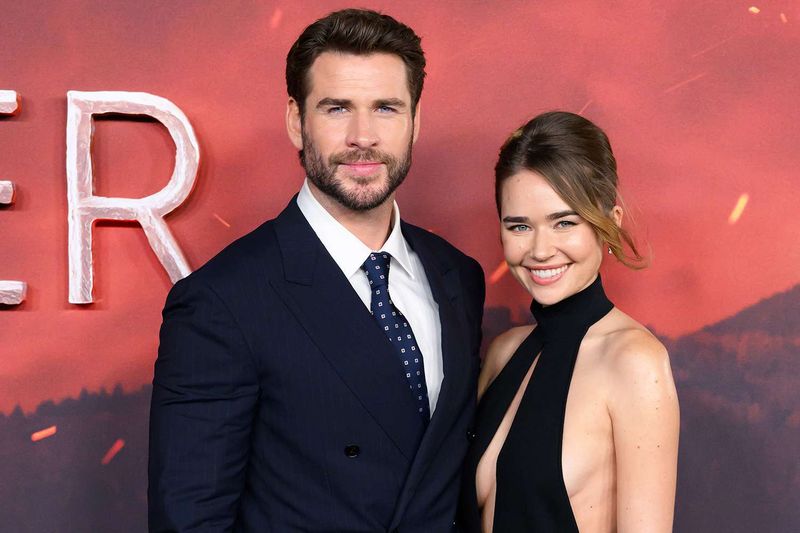
Liam Hemsworth’s kissing scenes with Jennifer Lawrence in “The Hunger Games” series turned into a tongue-in-cheek affair. Lawrence, known for her playful spirit, would eat garlic or tuna before their scenes, much to Hemsworth’s chagrin.
Hemsworth described these moments as uncomfortable, adding a humorous twist to their professional relationship. This playful dynamic brought a unique challenge to their onscreen interactions.
Such anecdotes reveal the lighter side of acting, where camaraderie and humor can shape experiences. Hemsworth’s candidness about these moments offers insight into the unforeseen challenges and bonds formed behind the scenes.
5. Lindsay Lohan
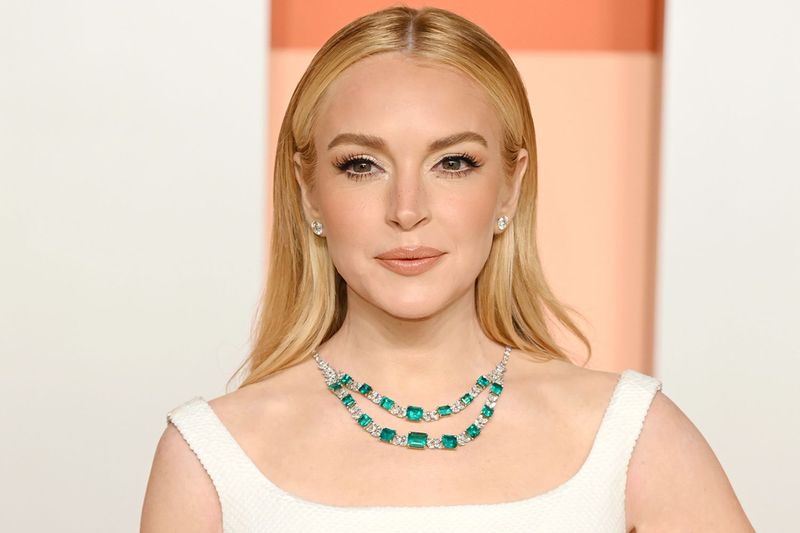
Lindsay Lohan’s decision to avoid kissing Charlie Sheen in “Scary Movie 5” stemmed from concerns about Sheen’s notorious partying history. Worried about potential health risks, Lohan opted for a body double for the scene.
This choice underscores her awareness and assertiveness in controlling her work environment. The incident led to script rewrites, showcasing the flexibility required in filmmaking.
Lohan’s insistence on safety reflects a proactive approach to managing personal boundaries. Her experience highlights the importance of communication and negotiation in ensuring a comfortable and secure atmosphere on set.
6. Will Smith
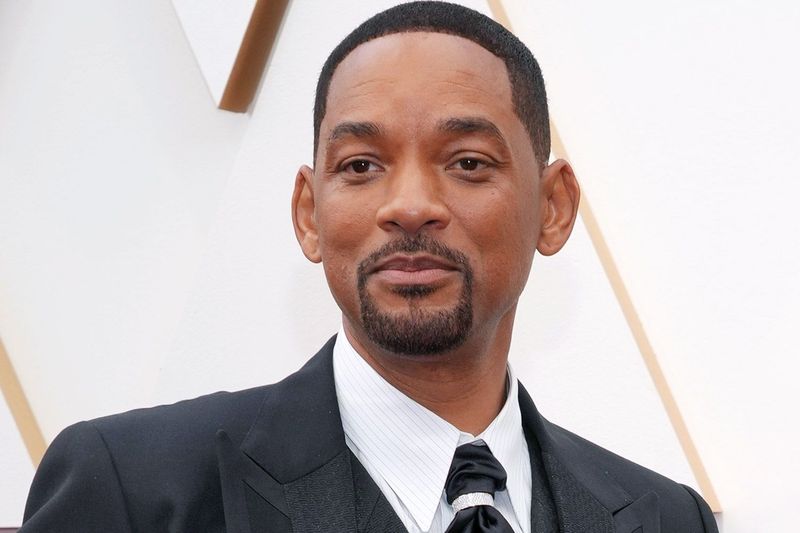
In “Six Degrees of Separation,” Will Smith made headlines by declining to perform a same-sex kiss with Anthony Michael Hall. At the time, Smith admitted to feeling emotionally unprepared for the scene.
This decision points to the personal growth and self-awareness required in acting. Smith later acknowledged his inexperience, reflecting on the importance of maturity in handling diverse roles.
His experience reveals the evolving nature of an actor’s journey, where comfort and readiness play crucial roles. Smith’s openness about his past decisions adds a layer of depth to his professional evolution.
7. Luke Grimes
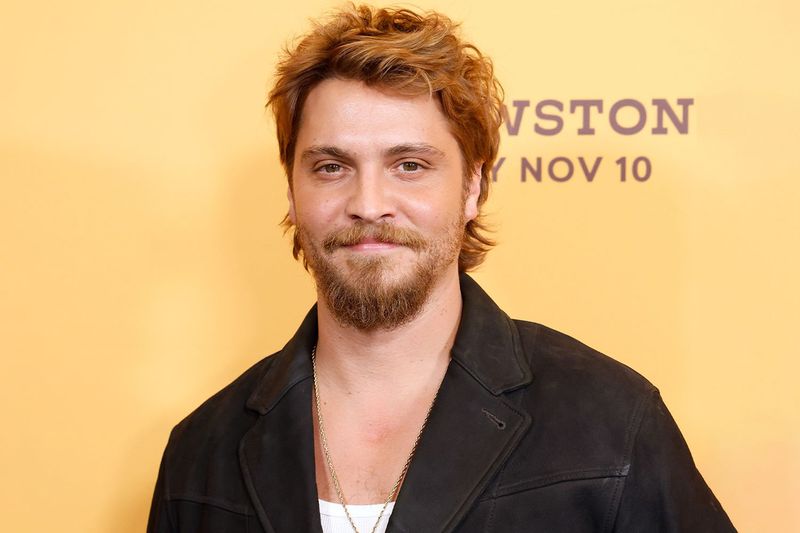
Luke Grimes’s departure from “True Blood” was fueled by his decision to avoid portraying a gay character involved in a same-sex relationship. His refusal led HBO to recast his role, highlighting the impact of personal beliefs on casting decisions.
Grimes’s choice reflects a complex intersection of personal values and professional expectations. It brings attention to the diverse perspectives actors bring to their roles.
This situation underscores the significance of representation and authenticity in storytelling. Grimes’s decision invites conversations about the balance between personal convictions and artistic responsibilities in the entertainment industry.
8. Kimberly McCullough

As a young actress on “General Hospital,” Kimberly McCullough faced a challenging situation when asked to perform a “long kiss” with an older actor. At just 14, she firmly declined, standing up against what she felt was inappropriate.
Her decision demonstrates remarkable courage and self-awareness, especially at such a young age. It also highlights the importance of protecting young actors from uncomfortable situations.
McCullough’s stance became an early example of advocating for appropriate boundaries in the industry. Her actions stress the need for safeguarding and supporting minors in entertainment.
9. Julia Roberts
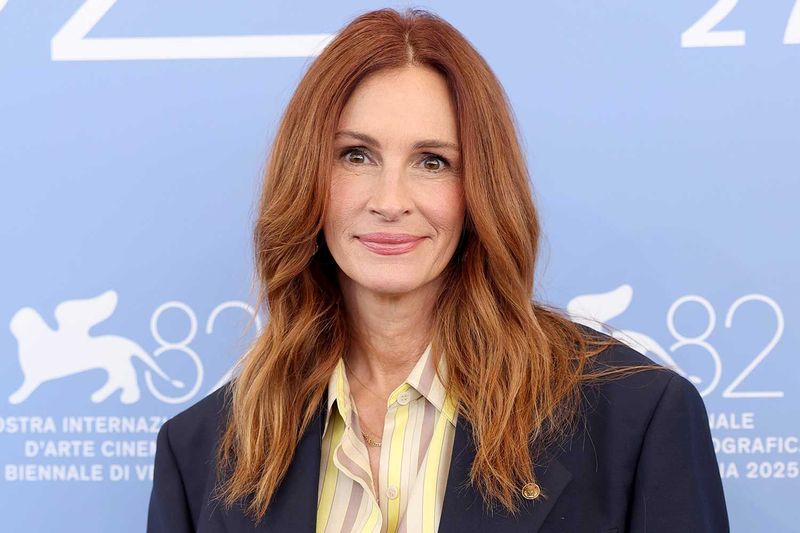
The tension between Julia Roberts and Nick Nolte on the set of “I Love Trouble” was palpable, with their mutual dislike leading to minimal physical interaction. This offscreen animosity translated into a lack of onscreen chemistry.
Roberts’s refusal to engage in kissing scenes with Nolte underscores how offscreen relationships can influence performances. It shows the complexities actors face when personal feelings impact professional obligations.
Their dynamic required creative directing to maintain the film’s narrative. Roberts’s experience serves as a reminder of the nuanced interplay between personal and professional realms.
10. Denzel Washington
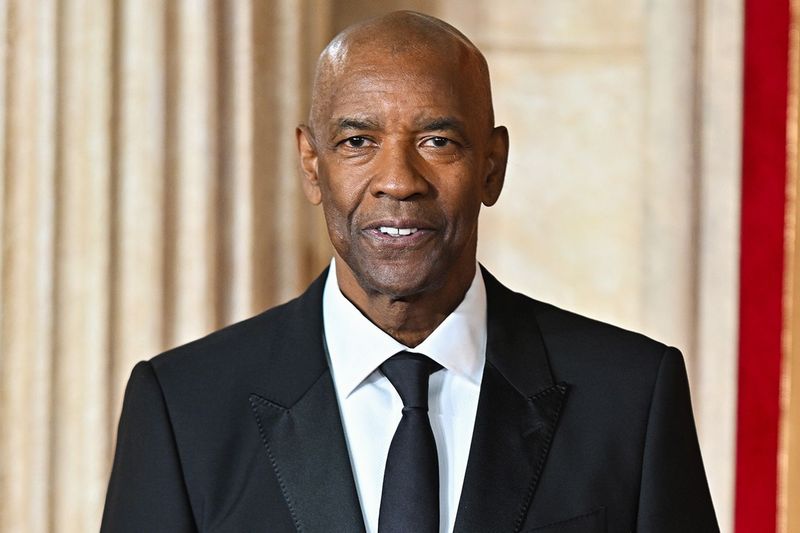
Denzel Washington’s choice not to kiss Julia Roberts in “The Pelican Brief” was driven by a desire to respect and honor his Black female audience. Having witnessed backlash from an interracial kiss in a prior film, Washington decided to avoid repeating the experience.
This decision highlights his thoughtful consideration of audience perceptions and cultural sensitivities. Washington’s actions reflect a commitment to maintaining a connection with his viewers.
His approach underscores the influence of societal dynamics on artistic decisions. Washington’s stance emphasizes the importance of understanding audience diversity and the impact of representation.

Comments
Loading…